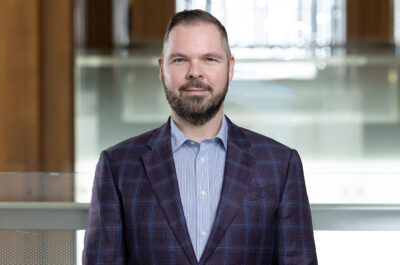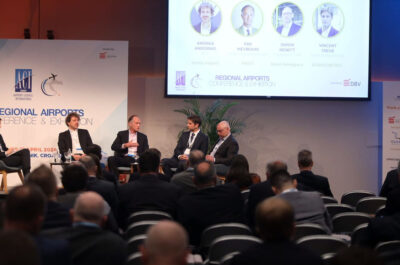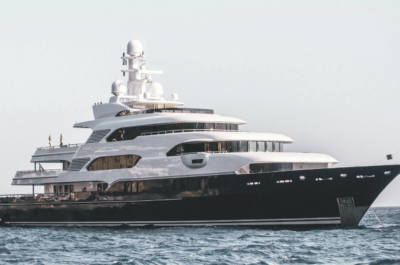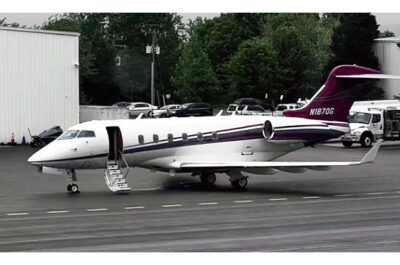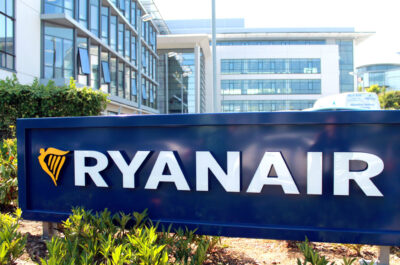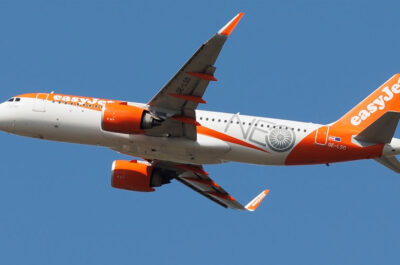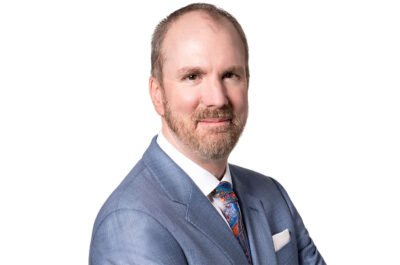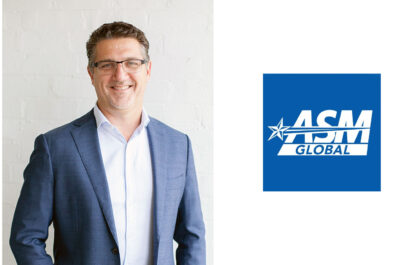Varied market forces lead to an increased need for specialised healthcare services. New analysis from Frost & Sullivan, Health care System Development in Kenya and Rwanda, finds that healthcare is regarded as the fourth-most attractive investment sector in Africa.
CAPE TOWN, SOUTH AFRICA – A diverse set of forces, including favourable economic factors, a supportive regulatory environment, and a high disease burden will make Kenya and Rwanda among the most attractive countries in East Africa. The consolidation of the rising middle class and heightened healthcare awareness will drive up per capita healthcare expenditure and provide lucrative opportunities within these markets.
New analysis from Frost & Sullivan, Health care System Development in Kenya and Rwanda, finds that healthcare is regarded as the fourth-most attractive investment sector in Africa. As the East African economy continues to grow and the population has more disposable income to afford better healthcare, the demand for specialised healthcare services is expected to increase. However, the lack of skilled resources – as reflected by the low health worker density of 0.84 per 1000 people in Rwanda and 1.3 per 1000 people in Kenya – as well as inadequate infrastructure, need for capital investment, and high construction costs hamper the availability of specialist care and high-end technologies in both countries.
“A greater level of investment into infrastructure and the latest technologies, along with the ability to attract skilled healthcare personnel, will be vital for market success,” said Frost & Sullivan Healthcare Research Analyst Saravanan Thangaraj. “Kenya and Rwanda are therefore focusing tremendously on the development of these areas. Both countries, however, are relying on external funding to boost the development of the healthcare sector.”
As they compete to become East Africa’s medical tourism hub, these countries will see enhanced interest from private sector participants to construct hospitals. Overall, higher domestic and external investment is expected in these markets due to macroeconomic stability, market-friendly reforms, and the successful debut Eurobond issuance in Kenya.
To expedite the development of the healthcare industry, providers must digitalise their services and adopt technologies such as e-health, m-health and telemedicine by leveraging the improved ICT infrastructure and mobile penetration rates, which stood at 74 percent in Kenya and 73 percent in Rwanda in 2013. Empowered with ICT technologies, healthcare providers in these countries will be able to attract more medical tourists and enable better prevention, diagnosis and treatment of diseases.
“Furthermore, healthcare players looking to invest in Kenya and Rwanda need to implement carefully-designed strategies to fend off the competition from poor-quality, counterfeit products,” pointed out Thangaraj. “As the uptake of capital equipment is limited in these price-sensitive markets, medical device manufacturers and distributors should consider a business model that incorporates contracts for the purchase of consumables and technical or maintenance services.”
Health care System Development in Kenya and Rwanda is part of the Advanced Medical Technologies Growth Partnership Service program. Frost & Sullivan’s related studies include: Global Orthopaedic Implant Market, Global Wound Care Market Outlook, Global Endoscopy Devices Market, and Pharmaceutical Industry in Ghana and Nigeria. All studies included in subscriptions provide detailed market opportunities and industry trends evaluated following extensive interviews with market participants.
Patients in Kenya and Rwanda Increasingly – Seek Specialised Healthcare Services
Tatiana is the news coordinator for TravelDailyNews Media Network (traveldailynews.gr, traveldailynews.com and traveldailynews.asia). Her role includes monitoring the hundreds of news sources of TravelDailyNews Media Network and skimming the most important according to our strategy.
She holds a Bachelor's degree in Communication & Mass Media from Panteion University of Political & Social Studies of Athens and she has been editor and editor-in-chief in various economic magazines and newspapers.





































































































































